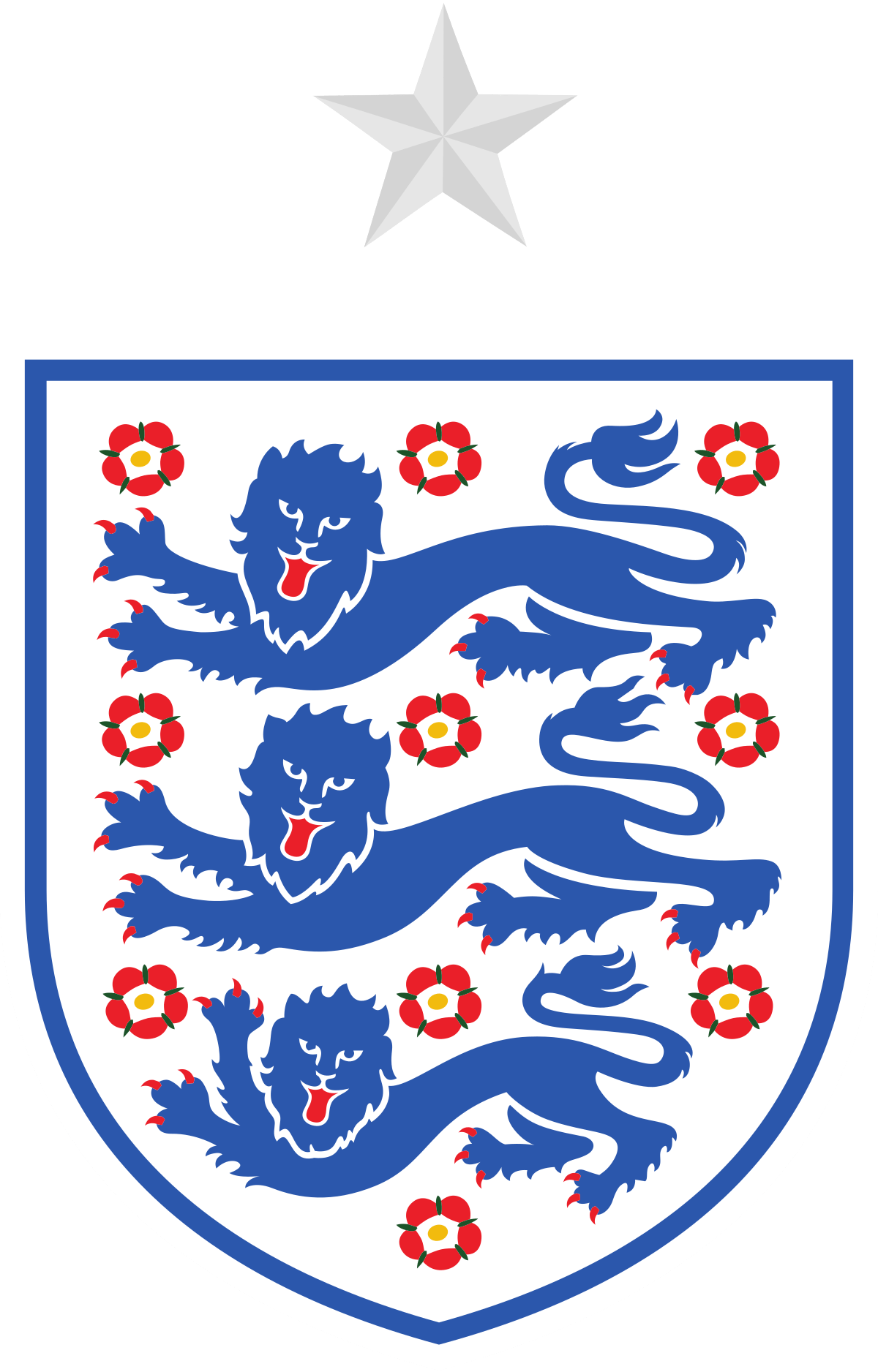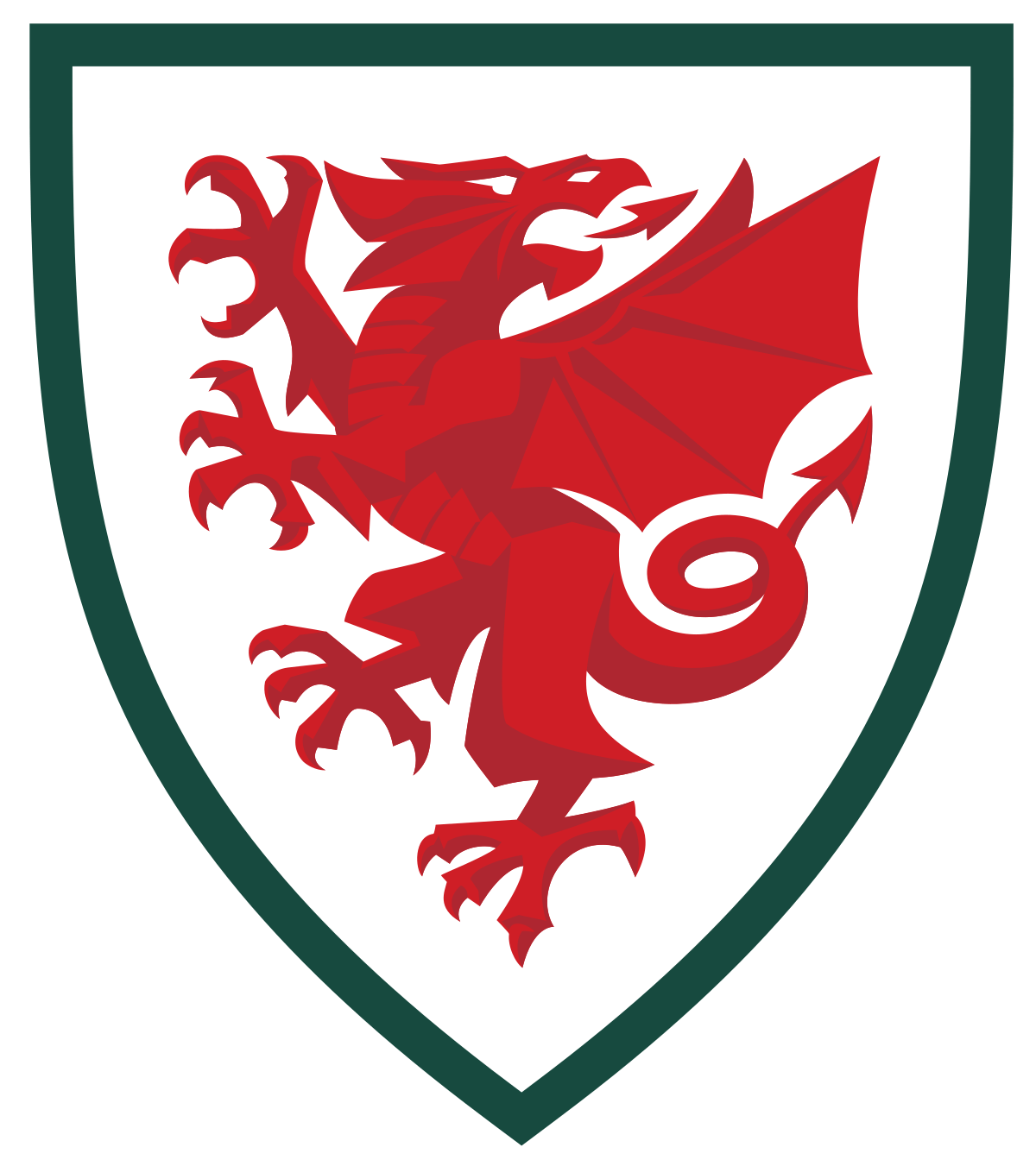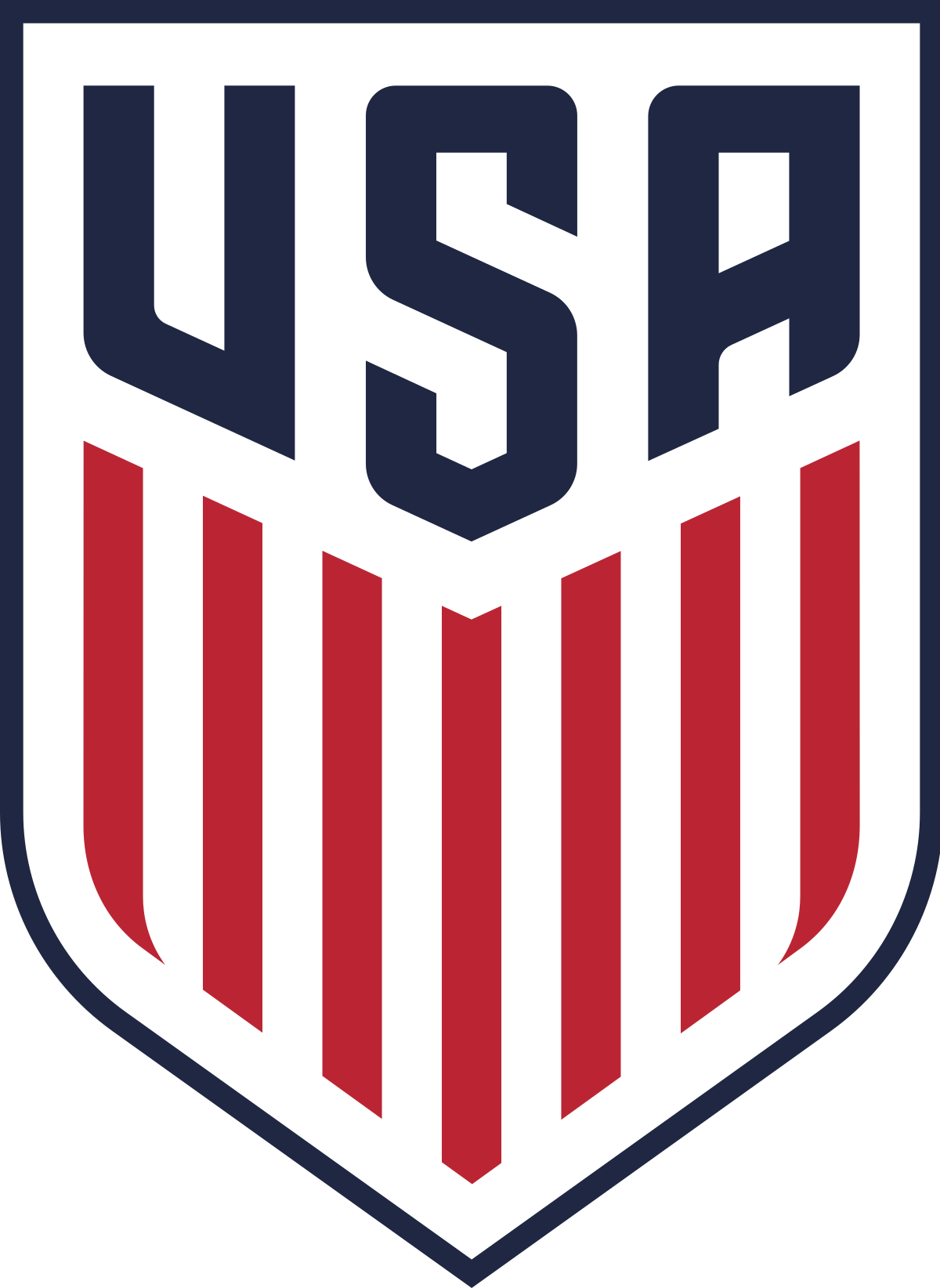
Iran (Team Melli)
Group Stage: 5 (1978, 1998, 2006, 2014, 2018)
Current FIFA Ranking: 20
Sardar Azmoun
Read More
Mehdi Taremi
Read More
Ehsan Hajsafi
Read More
Carlos Queiroz
Read More
Group B Schedule
Game 1 – Monday 21st November 2022

England
16:00 Qatar Time/13:00 GMT
Khalifa International Stadium, Al Rayyan
Game 2 – Friday 25th November 2022

Wales
13:00 Qatar Time/10:00 GMT
Ahmad bin Ali Stadium, Al Rayyan
Game 3 – Tuesday 29th November 2022

USA
22:00 Qatar Time/19:00 GMT
Al Thumama Stadium, Doha
Notable Honours
In addition to reaching the World Cup finals on five occasions, Iran boasts three Asian Cups (1968, 1972, 1976) and five Asian Games Gold Medals.
Beginnings – Pre-revolution and Asian Cup Triumphs
Following the formation of the Iran Football Federation in 1920, international football for the Iranians came in the form of a composite XI from Tehran Club, Toofan FC and Armenian Sports Club. This Tehran select team notably played an away match in Baku, USSR (Azerbaijan). The first match under the guise of a unified national team was played in 1941 against British India, resulting in a 1-0 victory for Team Melli. Their first official international match was an away match in August 1941 against Afghanistan.
Iran’s first major international tournament came in the form of the 1968 Asian Cup. With their presence assured as hosts, Iran breezed through the round-robin tournament, winning all four of their matches against Burma, Israel, the Republic of China and Hong Kong. Striker Homayoun Behzadi excelled, finishing the tournament as the joint-top scorer after notching four goals. Iran were set to defend their Asian Cup title in 1972 in Thailand, qualifying as champions. In the second match, the Iranians found themselves two goals down to the hosts before Ali Jabbari scored three goals in the space of eight minutes late on to ensure a 3-2 victory for the Iranians. A 2-1 win over the Khmer Republic ensured that Iran would contest their second consecutive Asian Cup final, matching up against South Korea. Iran opened the scoring early in the second half, again through Jabbari. However, the Koreans equalised midway through the second half. Hossein Kalani came up with the winner in the 108th minute to seal the victory and secure Iran’s second Asian Cup title.
Failure to Qualify in 1974 and First World Cup in 1978
Iran entered World Cup qualification for the first time in an attempt to qualify for West Germany ’74. While they made it through the group stage comfortably with a game to spare, a disastrous outing in Australia left them with a mountain to climb. Trailing 3-0 going into the second leg, Iran raced into a two-goal lead via two goals from Parviz Ghelichkhani. With an hour left to play, Iran failed to break the Australians down and lost 3-2 on aggregate in a shock result. It was perhaps all the more shocking given the comprehensive manner in which they would win their third Asian Cup in a row. Hosting the competition for the second time in eight years, Iran didn’t concede a single goal over four matches, defeating China 2-0 in the semi-final and Kuwait 1-0 in the final. Iran’s dominance in the Asian Confederation was undisputed. They would surely qualify for the 1978 World Cup in Argentina.
True to form, the Iranians qualified for the tournament. Their qualification success was predicated upon a mean defence, with three goals conceded across 12 games. Drawn in a prohibitively tough group containing Netherlands, Scotland, and Peru, the Iranians were to finish in fourth place. However, they achieved a remarkable 1-1 draw with a strong Scotland side, ultimately eliminating them from the tournament.
Islamic Revolution and World Cup Drought
As the Islamic Revolution in 1979 caused massive upheaval within Iran, so did it affect the national team’s fortunes. Iran withdrew from and were disqualified from entering the 1982 and 1986 editions of the World Cup respectively. They were no longer the force of old in the Asian confederation, failing to get past the semi-final stage in three consecutive Asian Cups in 1980, 1984 and 1988. The Iranians have been unable to reach the final since. When Iran entered qualification for Italia ’90, it is perhaps unsurprising that they came unstuck against a middling China side in the first group stage. They ultimately failed to progress due to an inferior goal difference. The Iranians fared somewhat better in their bid to qualify for USA ’94. However, three defeats from five games in the final group stage ensured that Iran’s World Cup drought continued.
Qualification for France in 1998 and Failure to Make World Cup 2002
With the new expanded tournament format in place for France ’98, which took the number of participants from 24 to 32, Iran’s chances of qualification naturally increased. This time, two group winners would automatically qualify, with the group runners-up effectively being given two additional opportunities to qualify via a play-off game between the pair, followed by a match against an Oceania representative for the losers. Iran had qualification in their own hands until the final two group games. However, a 1-0 defeat to Saudi Arabia, followed by a disappointing 2-0 loss to a Qatari side playing merely for pride, saw them tumble into the play-off place where they met Japan. The Iranians took a 2-1 lead in the second half following goals from Khodadad Azizi and Ali Daei. They were well on their way to qualifying for their first World Cup in 24 years. However, the Japanese equalised with 15 minutes of normal time remaining. Unfortunately for Iran, Japan scored the winner in the 118th minute, and with the Golden Goal rule in effect, there were not afforded the chance to search for an equaliser. Therefore, Iran were to play against Oceania giants Australia for the opportunity to reach the tournament in France. Following a 1-1 draw on home soil in front of a reported 128,000 spectators, Iran found themselves 2-0 down against a talented Australian side. With 15 minutes remaining, Karim Bagheri pulled a goal back, and four minutes later, Azizi equalised to send the Iranians to the World Cup on goal difference. Bagheri ended World Cup qualification with an astounding 19 goals.
Once again, Iran were drawn into a rather daunting group, to say the least, with Euro ’96 champions Germany and a much-fancied Yugoslavia team loaded with talent. The Iranians acquitted themselves well, losing narrowly to the Yugoslavs 1-0 and defeating political rivals the United States 2-1, with Hamid Estili and Mehdi Mahdavikia finding the net. While qualification for the knockout rounds for the first time was technically in their own hands, it is perhaps unsurprising that the Germans prevailed 2-0 to deny the Iranians this opportunity. Since the 2002 World Cup was to be held in Asian nations Japan and South Korea, only 2/3 qualification spots were on offer this time around, with the third dependent on winning both an intra-federation playoff between the two runners-up in the group stage and an inter-continental playoff. While Iran won their first play-off game easily against the UAE (4-0 aggregate), they suffered a 2-0 defeat in the first leg against the Republic of Ireland and could only halve the deficit in the return match.
Regular World Cup Participants and Period of Improvement
Thankfully for the Iranians, four years later, they would save themselves the trouble of the play-off rounds and qualify automatically for the 2006 World Cup in Germany. Drawn into Group D alongside Portugal, Mexico, and Angola, Iran were level 1-1 in their group opener with Mexico following a Yahya Golmohammadi equaliser. However, the Mexicans struck twice in the space of five second-half minutes to break Iranian hearts. A 2-0 defeat to Portugal confirmed their group-stage exit. A 1-1 draw with Angola at least ensured they wouldn’t exit the tournament with three losses. Having failed to qualify in 2010, Iran would return in 2014 under respected coach Carlos Queiroz and with a squad plying their collective trades in nine different nations. On paper, it may seem that Iran failed to impact the tournament. However, they opened the group stage with a respectable 0-0 draw against Nigeria, and it took a stunning goal in injury time from Lionel Messi to end Iran’s resistance in the second group game as Argentina recorded a 1-0 victory. Sadly, with qualification in their hands in the final group game against Bosnia and Herzegovina, Iran fell to a 3-1 defeat and finished the group in last place.
Having comfortably qualified for their third consecutive World Cup finals, Iran went into Russia 2018 in high spirits. Drawn in a tough group with Spain, Portugal, and Morocco, Iran were expected to go out early, but they gave themselves an excellent chance by defeating the Moroccans 1-0 in the group opener. A narrow 1-0 defeat to Spain ensured that Iran would need to beat the Portuguese to reach the knockout rounds for the first time in their history. While Ricardo Quaresma’s first-half opener made their task difficult, Iran were handed a lifeline late on. Karim Ansarifard scored a 93rd-minute penalty to set up a tense finish, with striker Mehdi Taremi, unfortunately, missing a chance at point-blank range. The Portuguese held on, and while Iran failed to progress, this was their most impressive group showing. They had pushed Portugal all the way, and their entire tournament demonstrated the progress made within Iranian football. They now come to Qatar as part of a politically charged group. They hope to do better than ever before by qualifying for the knockout phase.
Road to Qualification
AFC Group A: 1st
Record: Played10 W:8 D:1 L:1 F:15 A:4 GD:+11 Points:25
Date of Qualification: 27th January 2022
The Iranians qualified with remarkable ease and plenty of time to spare. Indeed, they suffered their only defeat in the final group stage against South Korea (2-0) after they had already managed to secure qualification. They mostly kept clean sheets, and with third-placed UAE finishing 13 points off the pace, automatic qualification was never seriously in doubt. Feyenoord’s Alireza Jahanbakhsh and Porto’s Mehdi Taremi led the scorers in qualification with four goals apiece. They will hope to build on their impressive qualifying campaign in Qatar.
Meet the Coach: Carlos Queiroz (age 69)
Queiroz is a hugely experienced manager and consummate tactician. He was first noted for his coaching exploits during his time with the Portuguese Under-20 setup, leading them to consecutive FIFA World Youth titles in 1989 and 1991. He was also head coach as Portugal won the UEFA Under-16 Youth Championship in 1989. These achievements earned Queiroz the opportunity to coach the senior national team. However, his tenure was not an entirely happy one. Consecutive failures to qualify for Euro ’92 and USA ’94 were dogged by infighting. Indeed, Queiroz remarked at one point, “they should clean the mess that the Federation has”, referring to the poor setup of the national team.
From there, Queiroz coached Portuguese giants Sporting CP for two seasons, winning the Portuguese domestic cup and Super Cup. He then coached in the USA with NY/NJ Metrostars, Nagoya Grampus Eight in Japan, and the UAE national team within the space of three years. In his next role as South Africa head coach, Queiroz led them to qualification for Japan/South Korea in 2002 but resigned before the tournament proper following irreconcilable differences with the South African FA. An impressive spell as assistant manager to Sir Alex Ferguson at Manchester United ensured that Queiroz was offered the opportunity to manage Real Madrid’s Galacticos. Unfortunately, following a poor finish to the season, Queiroz was dismissed. However, the Real Madrid role at that time was considered a poisoned chalice, so it did not affect his reputation.
Another spell at Manchester United beckoned. So highly rated was the Portuguese at Old Trafford that Ferguson was adamant that Queiroz would replace him when the time came. Indeed, the club rebuffed an offer from Benfica. Ultimately though, Queiroz decided he didn’t want to wait for that eventuality and took over the reins of his native Portugal again in 2008. Qualifying for the World Cup in 2010 following a poor start, a second-round exit to Spain was to be Queiroz’s final involvement with the national team.
Taking charge of Iran in 2011, Queiroz managed to qualify for successive tournaments where Iran acquitted themselves well, particularly in 2018. A late penalty to draw level with Portugal gave them a chance of reaching the knockout rounds. While Queiroz left the post in 2019 to manage Colombia, he was not able to enjoy the same level of success and moved on to coach Egypt. He left this post by mutual consent following a rather challenging route to qualification, which pitted the Egyptians against fellow African giants Senegal and a subsequent exit via penalties. Queiroz was reappointed as head coach of Iran just two months ago. He will now look to take the Iranians a step further in what appears to be an achievable goal.
Possible Starting XI and Style of Play

Iran’s qualification campaign was wholly within the remit of previous coach Dragan Skočić. He was sacked during the summer amid rumours of player dissension and dissatisfaction in some quarters with the team’s conservative style of play. Therefore, to anticipate how Iran will likely line up and play, we must consider the tactical direction of returning coach Carlos Queiroz. While he also has something of a reputation for formulating a conservative game plan should the need arise, Iran will certainly not be intimidated by their group opponents except perhaps the English. They are likely to line up with a back four in a 4-1-4-1 formation that can become a 4-1-2-2-1 if they plan to be more adventurous. There’s a possibility that both Azmoun and Taremi will be accommodated here. Iran have plenty of technically gifted players and are more than capable of playing good football if Queiroz allows them to.
Final Squad
Goalkeepers: Alireza Beiranvand, Amir Abedzadeh, Hossein Hosseini, Payam Niazmand.
Defenders: Ehsan Hajsafi, Morteza Pouraliganji, Ramin Rezaeian, Milad Mohammadi, Hossein Kanani, Shojae Khalilzadeh, Sadegh Moharrami, Rouzbeh Cheshmi, Majid Hosseini, Abolfazl Jalali.
Midfielders: Ahmad Noorollahi, Saman Ghoddos, Vahid Amiri, Saeid Ezatolahi, Alireza Jahanbakhsh, Mehdi Torabi, Ali Gholizadeh, Ali Karimi.
Forwards: Karim Ansarifard, Sardar Azmoun, Mehdi Taremi.
Key Players
Sardar Azmoun
Date and Place of Birth: (01.01.1995, Gonbad-e Kavus)
Current Club: Bayer Leverkusen
Caps/Goals: 65/41
Dubbed the ‘Iranian Messi’ by sections of the British media and drawing comparisons to Zlatan Ibrahimovic and legendary Iranian striker Ali Daei, Azmoun is prodigiously talented. He can be considered something of a playmaking forward and will look to exploit space across the forward line. Following a spell with Russian club Zenit St. Petersburg during which he scored 52 goals in 79 league appearances, Azmoun joined Bayer Leverkusen on a free transfer. Despite a relatively slow start to life in the Bundesliga and battling a calf injury, the Iranians and Azmoun himself will be hopeful that he’ll be in contention for the first group game against England.
Mehdi Taremi
Date and Place of Birth: (18.07.1992, Bushehr)
Current Club: FC Porto
Caps/Goals: 60/28
Prolific striker Taremi has something of a reputation for producing the unexpected and is particularly skilful for a striker with the physical attributes of a more traditional number 9. Taremi has spent the last three years of his career in the Portuguese league, initially with Rio Ave. There, he scored 18 goals in 30 league appearances to earn a move to FC Porto in 2020. With 42 goals in 78 league appearances to date, Taremi has also managed to become more prolific on the European stage. Indeed, he has five goals in five appearances in the Champions League this season which surely bodes well for the Iranians. Very technically gifted, he is crucial for Queiroz.
Ehsan Hajsafi
Date and Place of Birth: (25.02.1990, Kashan)
Current Club: AEK Athens
Caps/Goals: 121/7
Hugely experienced and capable of playing in a variety of positions, we expect to see Hajsafi employed at left-back, although he is capable of playing as a midfielder or further forward on the flank if required. Hajsafi was once selected as Asia’s most promising player by Goal.com in 2009. Considered to be an attacking fullback who is also capable of cutting inside, Hajsafi can act as an additional midfielder should the opportunity present itself. He could be crucial in ensuring Iran can play on the front foot against Wales and the United States.
